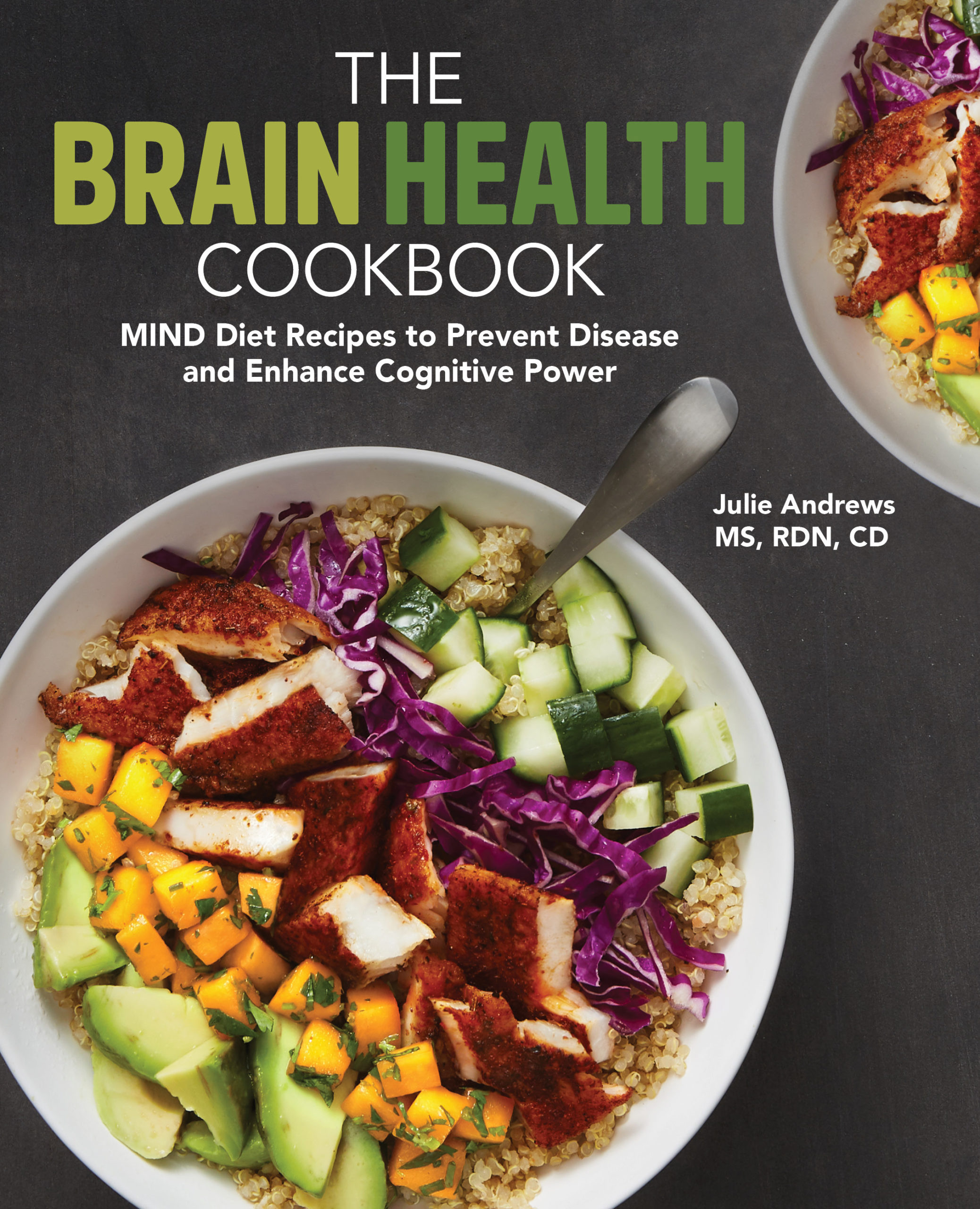Dementia & Alzheimer’s are becoming an increasingly prevalent reality in our aging population.
I’ve seen first hand how it can affect those you care about, and it’s scary.
The question I always like to ask, in the face of such concerns, is what role does nutrition play in prevention.
Given that October is Mental Health Awareness Month here in Canada, there’s no better time to tackle this subject.
Having already addressed the connection between nutrition and anxiety, honouring the importance of mental health awareness is very important to me.
In today’s article we move on to the world of dementia and Alzheimer’s disease.
Let’s get started.
Dementia & Alzheimer’s – Defined.
Dementia describes a grouping of symptoms relating to cognitive and memory impairment that is usually associated with aging, decreases one’s ability to perform the activities of daily life and affects over 35 million people worldwide and at least 500,000 people in Canada.
One thing I think some people misunderstand about dementia is that, despite being heavily related to aging, it is not considered an inevitable component of healthy aging.
What Causes Dementia?
Alzheimer’s disease is a neurodegenerative disorder (a condition characterized by the death of neurons, of which the human brain contains billions) and the leading cause of dementia. Alzheimer’s disease is characterized by gradual but potent decline in cognitive, communicative and motor functioning that can ultimately leave sufferers requiring extensive outside assistance to complete the tasks of daily life.
My understanding is that age, genetics and family history are the greatest predictors of these issues, but physiological concerns, like hypertension, also play a role in increasing one’s risk.
In a blog post I wrote earlier this year, I discussed how intermittent fasting may actually down regulate one of the genes associated with the onset of Alzheimer’s.
According to Alzheimer’s Disease International 2014 Report:
There is quite consistent evidence from epidemiological cohort studies that adherence to a Mediterranean diet (with a high proportionate intake of cereals, fruits, fish and vegetables) may lower the risk of cognitive decline and dementia.
This statement should come as no surprise, especially considering that Health Canada identifies the usual metabolic suspects ( high blood pressure, sugar & cholesterol) as key physiologic risk factors for Alzheimer’s and dementia.
We know that the Mediterranean diet has great potential to help remedy those issues.
And we have to be honest in saying that prevention is obviously of paramount importance, especially considering this dire statement from a Alzheimer’s and Dementia journal paper:
Current treatments for AD and other dementias are sorely limited, falling short of preventing or significantly slowing disease progression.
That brings me to what has become known as the MIND diet, which is essentially a hybrid version of the Mediterranean and DASH diet approaches and has been shown to potentially be the most effective dietary pattern currently available to reduce risk of Alzheimer’s Disease and dementia.
It stands for Mediterranean-DASH Intervention for Neurodegenerative Delay and my colleague and friend Julie Andrews has created a wonderful resource, the Brain Health Cookbook, which will guide you through a discussion of the finer points of the MIND diet and help you bring it to life with practical and delicious recipes.
Julie, who is both a chef and dietitian, is also the co-author of my (our) first book, and I can personally vouch for the quality and scientific integrity of her work.
I’ve included the Amazon link to her book below!
Until next time,
Andy De Santis RD MPH




